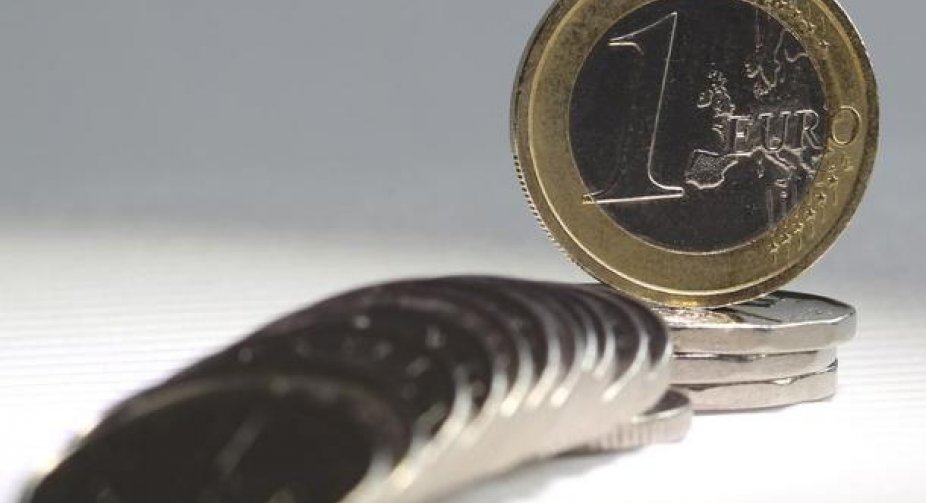The Czech Republic is not ready to meet the criteria for joining the eurozone, and the country's government should refrain from setting a date for the transition to the euro for now.
This is stated in a document submitted by the Ministry of Finance and the National Bank of the Czech Republic, Euractiv reports.
The Czech Republic, one of seven EU countries that do not use the EU's common currency, committed to adopting the euro when it joined the bloc in 2004, although the date of the euro's introduction remains up to member states.
But "it is highly unlikely that the Czech Republic will reach the benchmarks for any of the Maastricht criteria in 2022 or 2023," the document submitted on Wednesday said.
In November, Prime Minister Petro Fiala confirmed to reporters that the country would not switch to the euro under his current government, adding that he "has not agreed to adopt the euro because we do not consider it realistic at the moment."
However, the government wants to allow companies to keep their accounts in euros, he added.
It will be recalled that Bulgarian President Rumen Radev announced that Bulgaria is starting preparations for the minting of euro coins, which is considered a symbolic step, as the country, which is not yet a member of the eurozone, shows its readiness to accept the euro.



